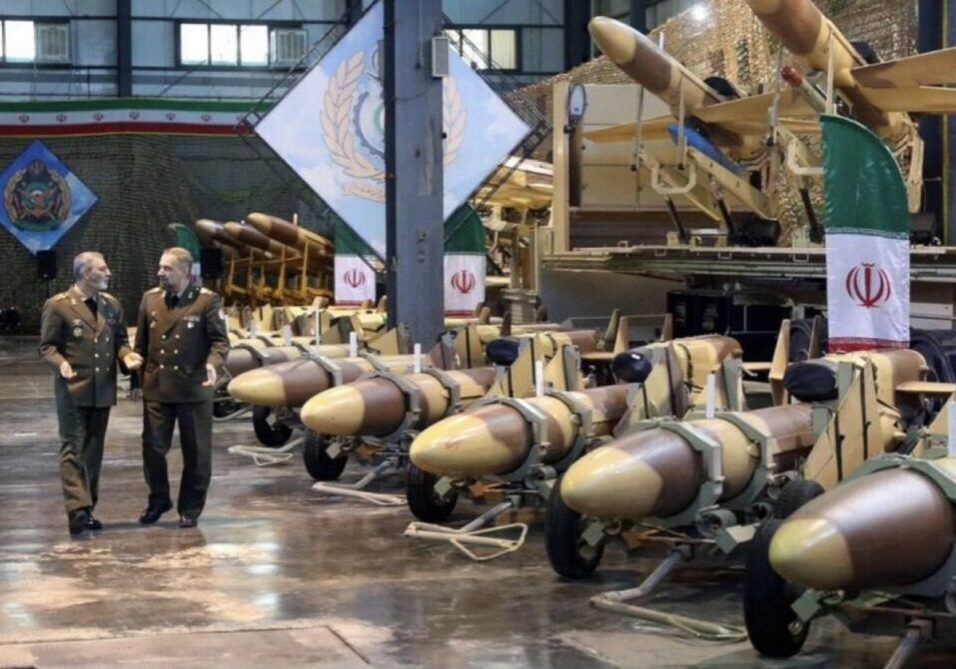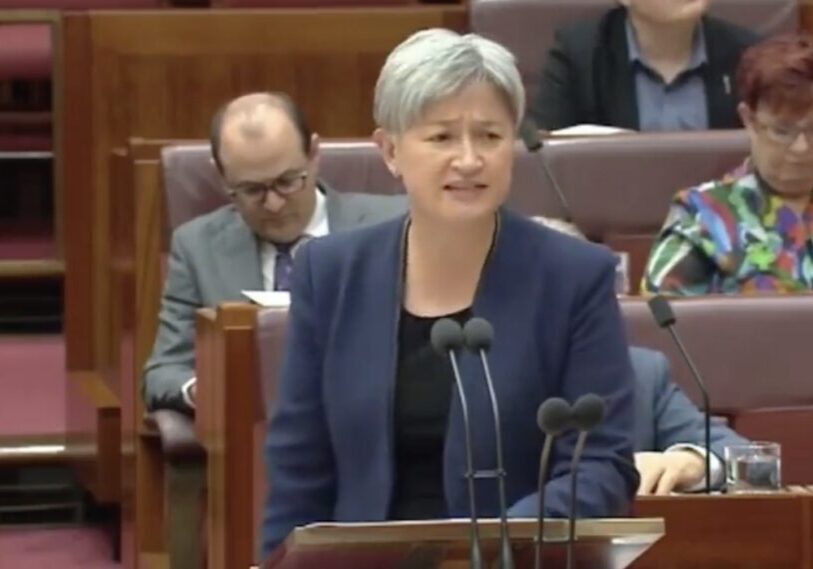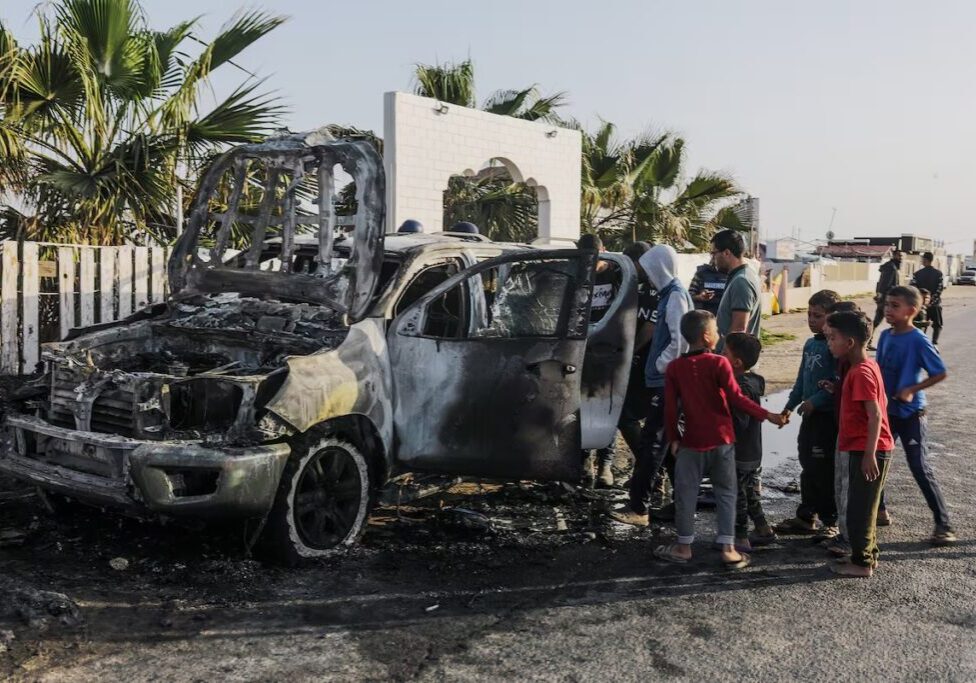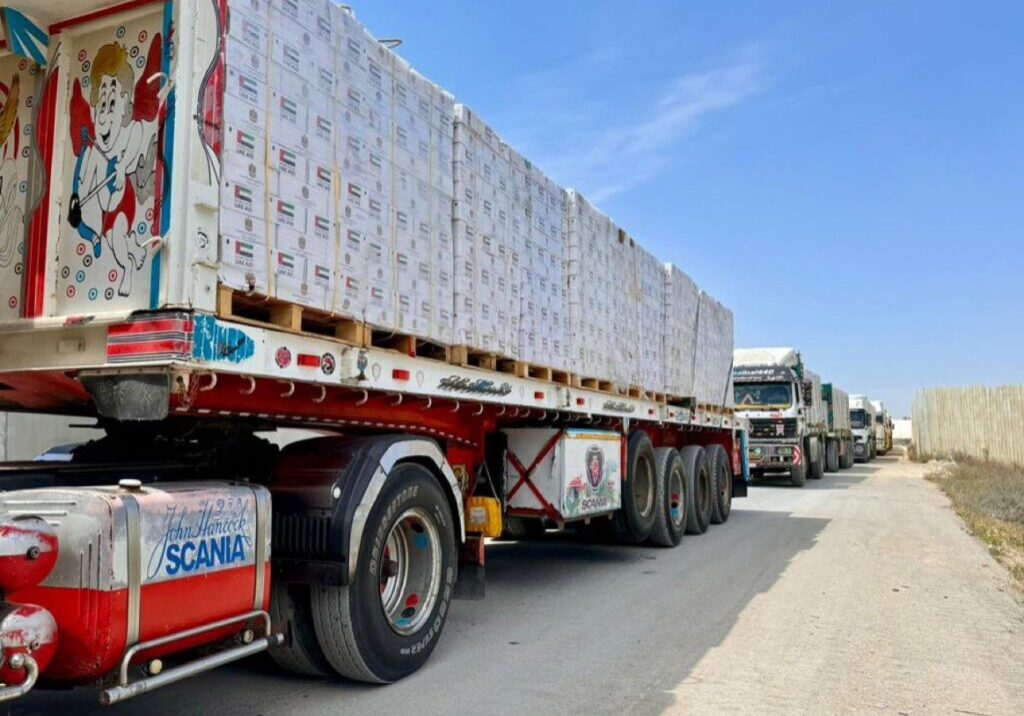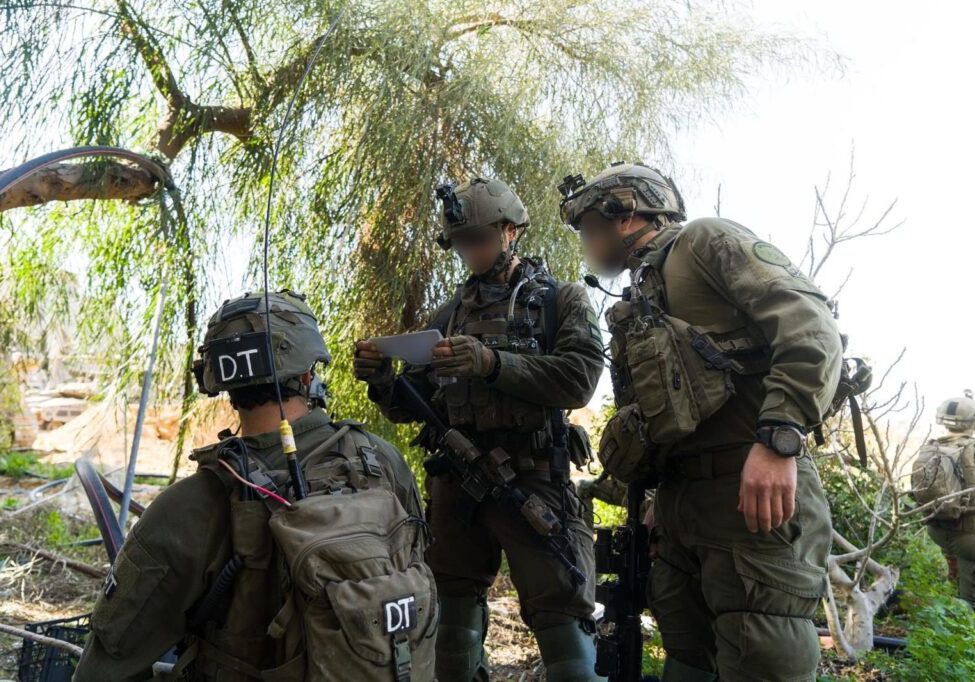Australia/Israel Review
Rouhani likely to survive hard-line challenge
May 5, 2017 | Mehdi Khalaji
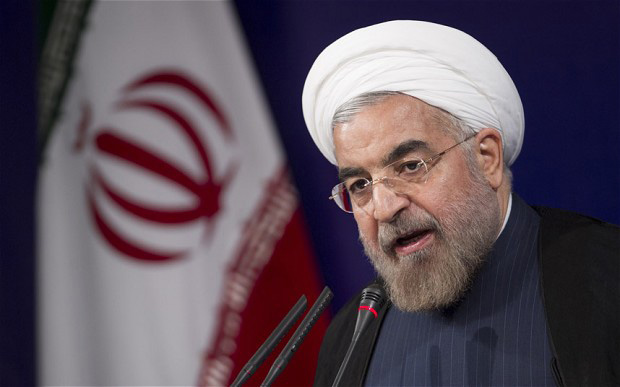
Mehdi Khalaji
Although the entry of high-profile hardliners could make the race more interesting, the current President remains the favourite in Iran’s May 19 election, which could also help determine the next Supreme Leader.
On April 12, Mahmoud Ahmadinejad surprised observers by announcing he would run in the upcoming presidential election, despite his own previous statement to the contrary and Supreme Leader Ali Khamenei’s opposition to such a move. Having gradually lost the support of hardliners, the former Iranian president is now portraying himself as someone willing to defy Khamenei to an even greater degree than are the reformists.
In 2013, Ahmadinejad’s plan to maintain influence through supporting the presidential run by his former chief of staff, Esfandiar Rahim Mashai, backfired when the Guardian Council disqualified Mashai. Then, some months ago, Ahmadinejad announced his backing for the candidacy of Hamid Reza Baghaei, who served as his vice president. In running himself, Ahmadinejad likely was seeking leverage for Baghaei’s bid in the event Ahmadinejad is disqualified. In fact, however, both Baghaei and Ahmadinejad ended up disqualified by the Council.
Rouhani’s hardline and conservative opponents face generally difficult odds, including divisions among the top echelons as well as lack of organisation at the grassroots. Sayyed Ebrahim Raisi, an Assembly of Experts member, likely recognised this scenario when, on April 9, he too announced that he would compete for the presidency, running as an independent. Unlike Ahmadinejad and his protégé, he was one of the six candidates approved to run by the Guardian Council, making him the natural candidate to unite conservative voters.
Just last March, Raisi was appointed Custodian of the Imam Reza Shrine, the largest Muslim endowment worldwide and arguably the most powerful institution in Iran. He did not, however, succeed the late former custodian, Abbas Vaez Tabasi, in his other two posts – as the Supreme Leader’s representative in Khorasan province and as head of the Khorasan seminary.
Born in 1960 in Mashhad, Raisi studied in the seminaries of Mashhad and Qom before joining the judiciary just after the 1979 revolution, when he was still a teenager. Having served in various seminary posts over the years, he still holds the position of general prosecutor, by Khamenei’s appointment, at the Special Court for Clerics.
Alongside his lack of management credentials, Raisi could face scrutiny over his past role in the execution of political opponents, especially in the mass killing of political prisoners in 1988, when he was one of three members of a “death committee” assembled by Ayatollah Ruhollah Khomeini.
Since announcing his candidacy, Raisi has been savaged by Persian media outside Iran, as well as Persian social media, over his human rights record. Among the effects of this media campaign could be additional votes for Rouhani, even from his critics, based on an assessment of him as the lesser evil of the two.
The graver consequence for Raisi would be a reduced chance at helping decide who succeeds Khamenei. And, unquestionably, losing the election would kill Raisi’s chance at actually becoming the next Supreme Leader. A withdrawal by Raisi from the race would thus indicate a reluctance to take this risk.
President Still the Front-Runner
Rouhani is favoured to keep his position, but his path is not without difficulties. Despite his successful nuclear diplomacy, Rouhani won last time with just 50.88% of the vote, and his failure to deliver on economic and political pledges could give some potential supporters pause.
Yet precedent offers promise for Rouhani. Since the founding of the Islamic Republic, all but two Iranian presidents have won reelection.
The Supreme Leader has his own reasons to implicitly back a second term for Rouhani. One is that Iranian presidents tend to become much weaker in their second terms, with a key cause being their greater susceptibility to control by the Supreme Leader and his institutions. This helps explain Khamenei’s possible abstention from active support for the hardline candidates. Separately, Khamenei assisted in Rouhani’s 2013 campaign, including through his unusual call for regime opponents to vote “for the sake of their country.” Evidently, underlying such stances is anxiety that polarisation could mobilise citizens in a way that ultimately causes turmoil, as occurred following the 2009 vote.
Also buoying Rouhani is support from the broad spectrum of reformists, including former President Mohammad Khatami and several others.
In helping facilitate a Rouhani victory, Khamenei is likely considering international as well as domestic dynamics. In particular, lacking clarity on US President Donald Trump’s policies toward Iran, Syria, and the broader region, Khamenei may view another term for Rouhani as a means of preventing escalation between Teheran and Washington.
Larger Consequences
However important the Iranian presidential vote, even more significant for both Iran and Iran-US ties is the looming succession to the Supreme Leader position. Yet one could well affect the other. If Ayatollah Khamenei, who is 78, dies in the next few years, the Assembly of Experts, of which Rouhani is a member, will seek to name a successor. But if it fails to do so immediately, a provisional leadership council consisting of the president, judiciary chief, and a Guardian Council member (chosen by the Expediency Council) will be formed until a new Supreme Leader is named. Here, Khamenei himself serves as evidence that the president can himself become Supreme Leader. He was the Islamic Republic’s third president before the Assembly of Experts decided in 1989 to appoint him as Khomeini’s successor.
Further, Iran’s presidential campaign has thus far centred on economic issues, not foreign policy, and no evidence supports the frequently heard Western claim that a tougher US stance hurts Rouhani and helps the hardliners.
Even though the Islamic Republic’s electoral system operates under an authoritarian regime, election results are hardly predictable. And, regardless of the winner, the president holds less power than many might expect. He will have comparatively little influence over the government’s foreign, nuclear and military policies – the very policies that matter most for the outside world.
Mehdi Khalaji is the Libitzky Family Fellow at The Washington Institute for Near East Policy and author of its recent study The Future of Leadership in the Shi’ite Community. © Washington Institute, reprinted by permission, all rights reserved.
Tags: Iran

